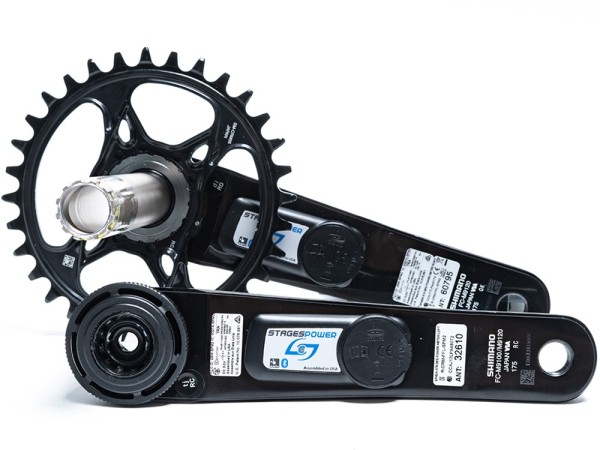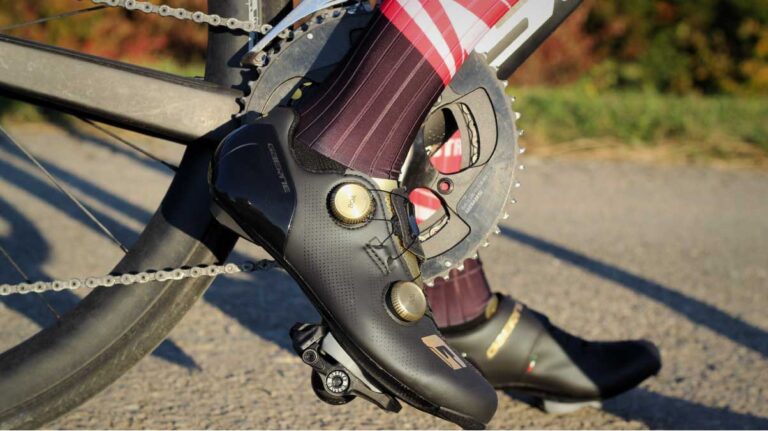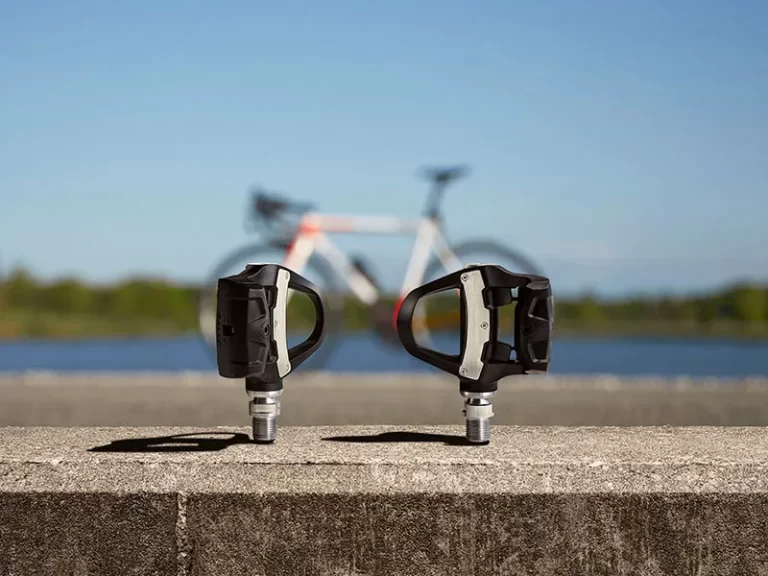Powering Up Performance: Harnessing the Benefits of Training with a Power Meter
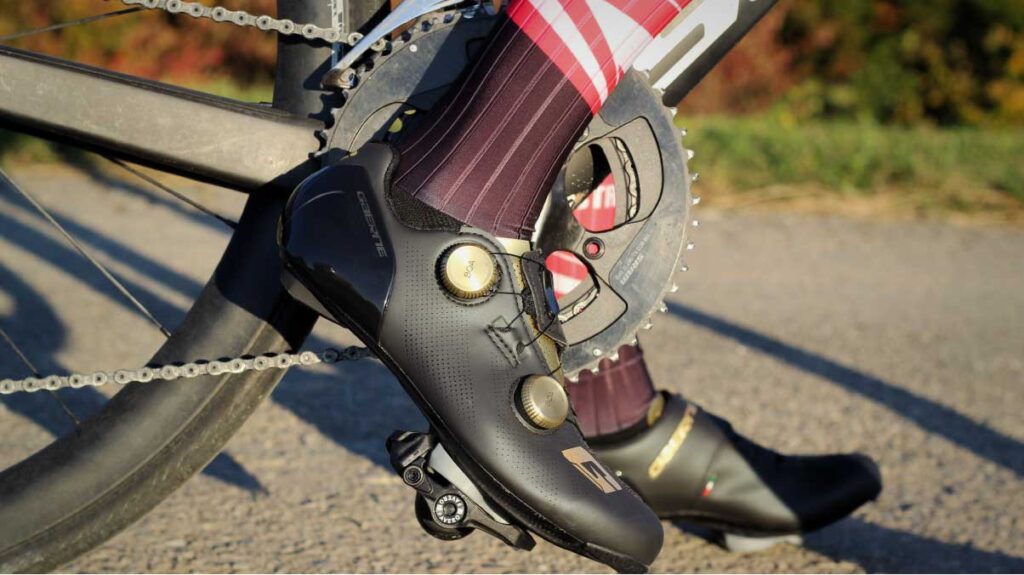
Key Point Summary of The Benefits of Training with a Power Meter:
- Objective Measurement: Power meters provide precise, instant feedback on your effort, regardless of external factors like wind or terrain.
- Training Efficiency: Enables targeted training by working in specific power zones, optimizing time and effort.
- Progress Tracking: Easily monitor improvements over time through consistent data collection.
- Pacing Strategy: Enhance your ability to pace yourself during races and long rides to prevent burnout.
- Technique Refinement: Identify and correct inefficiencies in your pedaling technique.
Training with a power meter has revolutionized how cyclists, from beginners to seasoned racers, approach their training. As a masters cyclist who’s dabbled in everything from mountain biking to gravel grinding and cyclocross, I’ve seen firsthand the transformational impact a power meter can have on one’s performance and overall cycling efficiency. Here’s a deep dive into the myriad benefits of incorporating a power meter into your training regimen.
The shift to training with a power meter marked a significant turning point in my cycling journey. Gone were the days of guesswork and vague sensations; instead, I was armed with hard data that shaped every aspect of my training.
Objective Measurement
One of the most compelling advantages of a power meter is its ability to measure your effort objectively. Unlike heart rate, which can be influenced by various factors like stress, caffeine, or lack of sleep, power output is a direct reflection of the work you’re doing at any given moment. This clarity has been invaluable, allowing me to tailor my efforts precisely, regardless of whether I’m battling headwinds or navigating varying gradients.
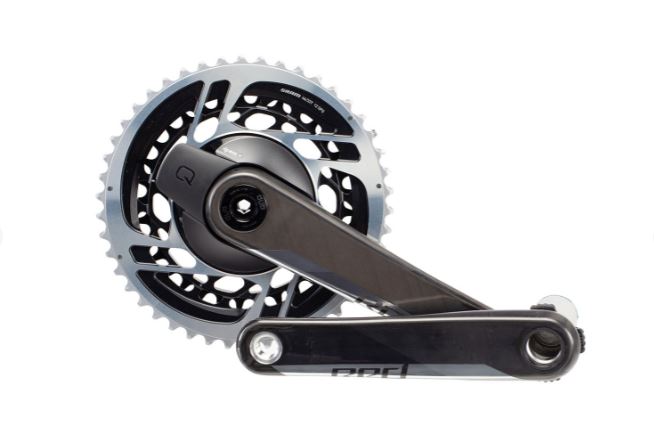
Training Efficiency
With a power meter, every session can be purposeful and structured around specific power zones, each designed to improve different facets of performance such as endurance, threshold, or sprint power. This targeted approach ensures that every pedal stroke moves you closer to your goals, maximizing the efficiency of your training time. Reflecting on my progression, it’s clear that the focused intensity I could bring to each session with power-based training was a game-changer.
Progress Tracking
Another benefit that cannot be overstated is the ability to track progress over time. Through consistent measurement of my power output across different types of workouts and conditions, I’ve been able to observe tangible improvements. Not only does this serve as a motivational boost, but it also informs adjustments in my training plan to address plateaus or areas needing extra attention.
Pacing Strategy
Perhaps one of the most practical applications of training with a power meter is the development of an effective pacing strategy. In races and long rides, it’s easy to start too strong and burn out prematurely. By understanding my power zones and how long I can sustain efforts within them, I’ve honed my ability to pace myself efficiently. This strategy has been particularly beneficial in time trials and during the final climbs of a grueling cyclocross race.
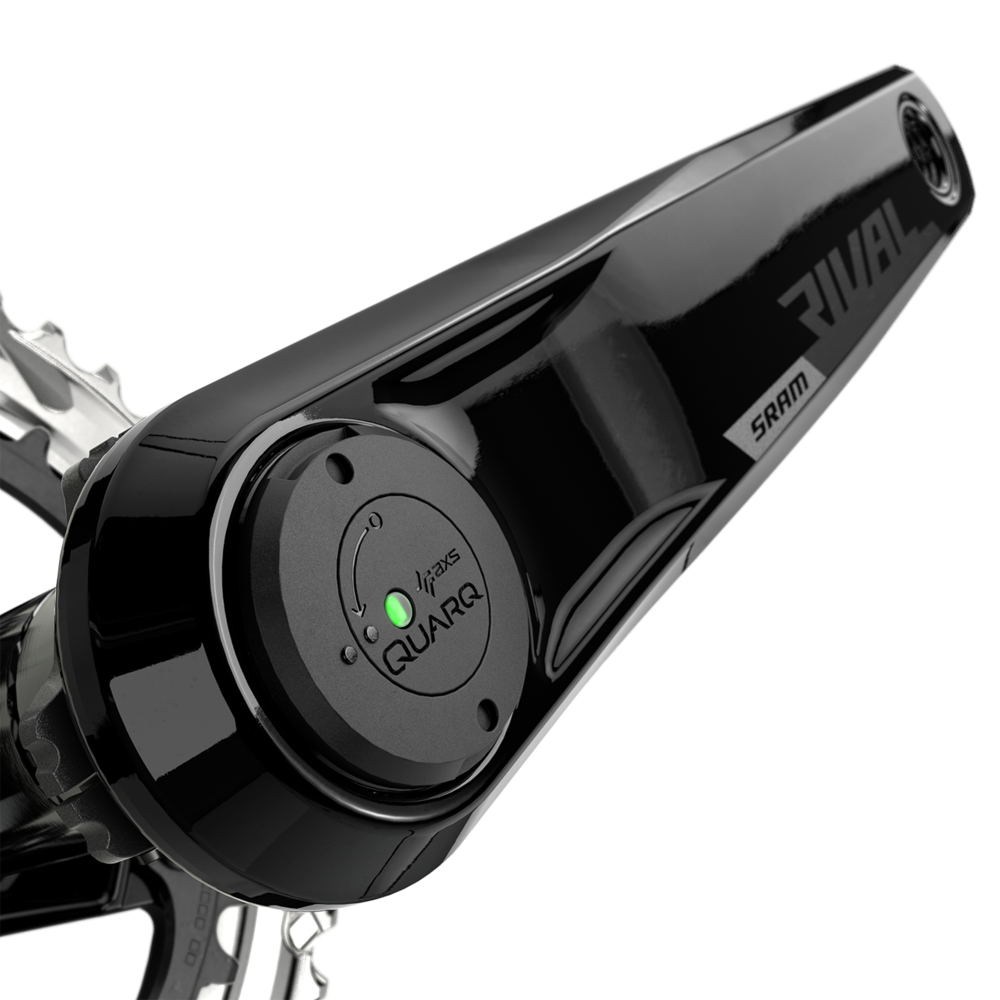
Technique Refinement
Power meters can also provide insights into your pedaling technique, offering data on metrics like torque effectiveness and pedal smoothness. This feedback has encouraged me to experiment with slight adjustments in my pedaling style, leading to noticeable improvements in efficiency and power output. It’s a nuanced aspect of training that often goes overlooked but can yield significant gains.
In Conclusion
Training with a power meter is about more than just measuring watts; it’s about the insights and optimizations that come from having a detailed understanding of your performance. Whether it’s fine-tuning your training plan, pacing yourself during a race, or tracking your progress over time, the benefits are clear and multifaceted. For cyclists at any level, but especially for beginners and mid-level enthusiasts looking to elevate their riding, the investment in a power meter can be transformative. It certainly has been for me, turning what was once a passionate pastime into a pursuit of peak performance.
One of the top power meter pedals on the market is the Garmin Vector 3. This pedal-based power meter is highly regarded for its accurate dual-sided power measurement, ease of installation, and the ability to switch between bikes without professional help. The Vector 3 measures total power, cadence, left/right balance, and advanced cycling dynamics, which provide insights into how and where you apply power on the pedals. This information can be crucial for improving pedaling efficiency and bike fit.
The Garmin Vector 3 connects via both ANT+ and Bluetooth, making it compatible with a wide range of devices, including cycling computers and smart devices for real-time data viewing and post-ride analysis. Its sleek design integrates the sensors and electronics right into the pedals, so there are no external pods or components to worry about. The battery life is also impressive, with up to 120 hours of ride time per battery replacement, ensuring minimal downtime.
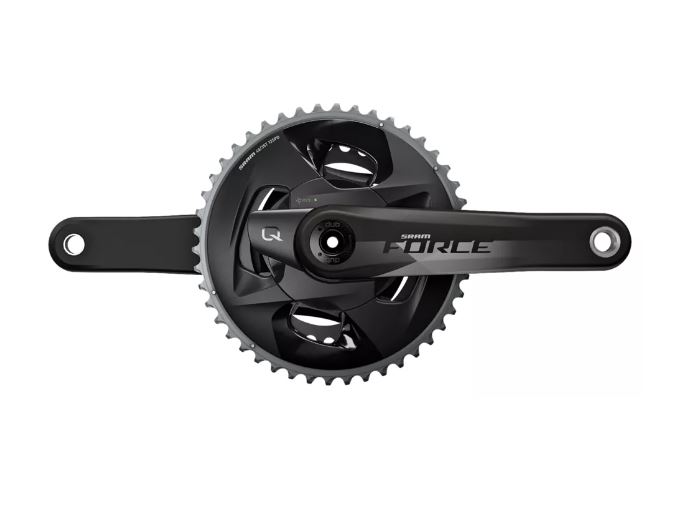
FAQ
What is a power meter for exercise?
A power meter for exercise, specifically in cycling, is a device that measures the amount of power (in watts) that a cyclist generates while pedaling. This allows for precise monitoring of effort and output during training and racing.
Why should I train with power?
Training with power allows for highly accurate, immediate feedback on your performance, enabling you to train more efficiently by targeting specific intensity zones. It helps in tracking progress over time, pacing yourself effectively in races and workouts, and identifying areas for improvement. Power data is unaffected by external factors like wind, terrain, or fatigue, making it a more reliable metric than heart rate or speed alone.
Do I really need a power meter?
If you’re serious about improving your performance, training for competitive events, or looking for the most effective way to measure and increase your fitness, a power meter can be an invaluable tool.




